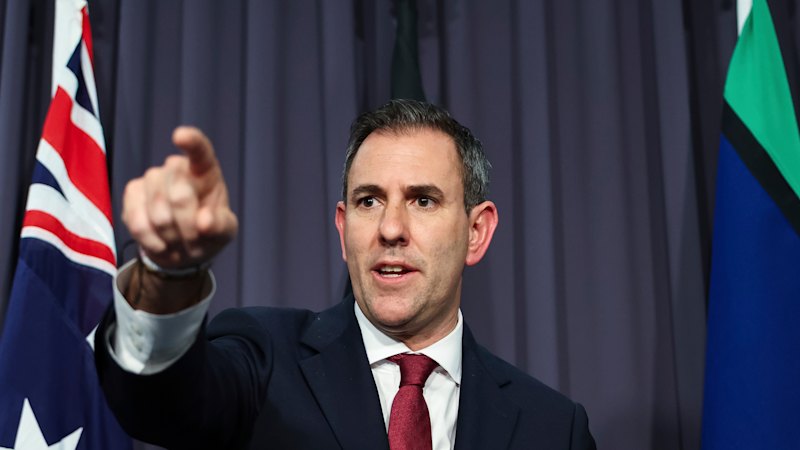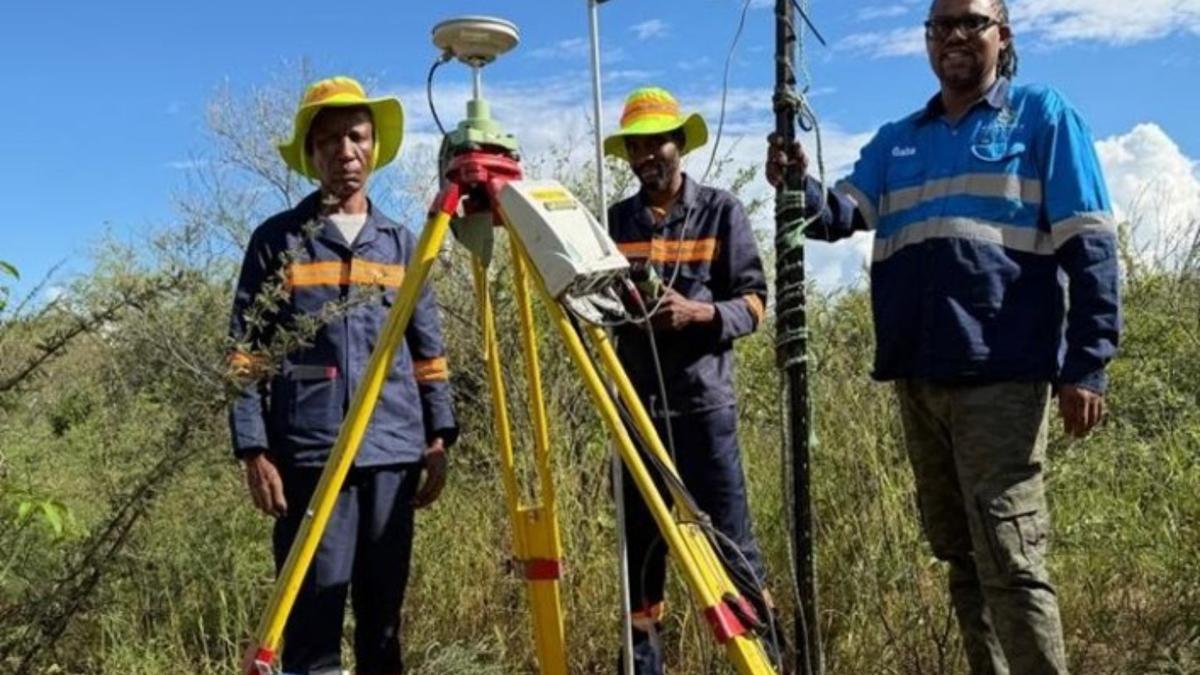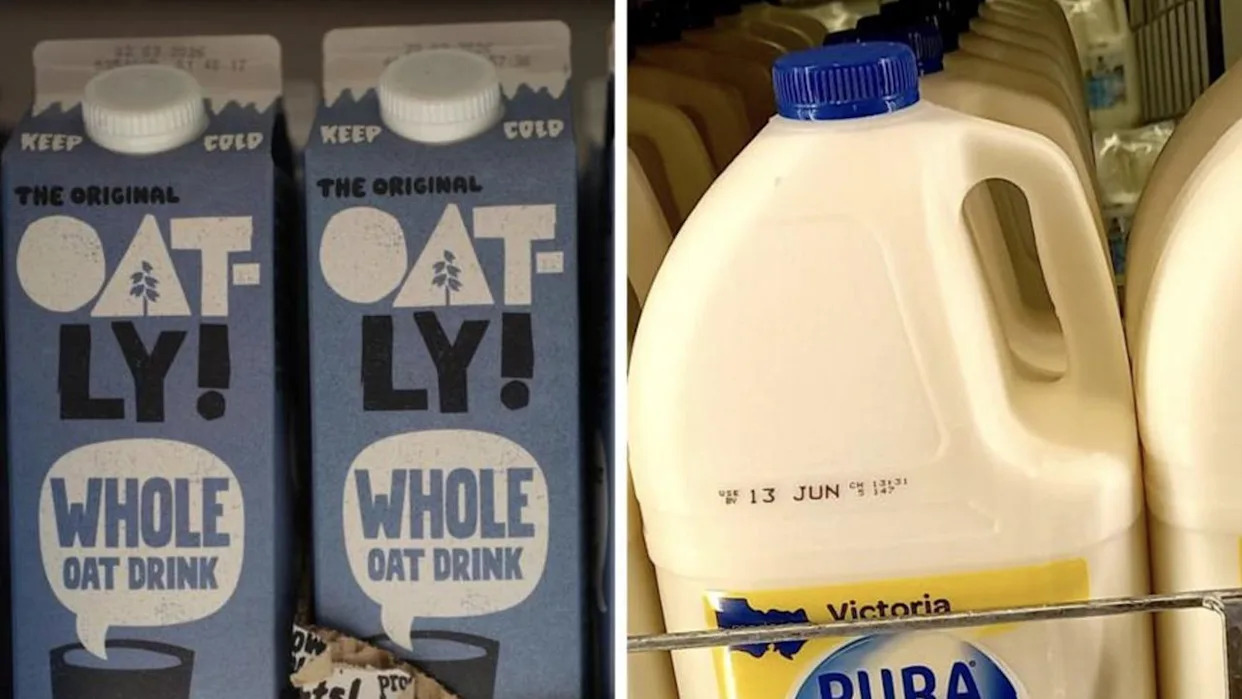
In a recent discussion, Australian Treasurer Jim Chalmers indicated that the government may consider adjustments to corporate tax rates aimed at stimulating business investment, contingent on fiscal viability. During an appearance on the ABC’s Insiders program, Chalmers clarified that no concrete decisions have yet been made but emphasized the purpose of the recent three-day Economic Reform Roundtable was to shape government policies over the next few years.
Potential Tax Reforms Under Consideration
The summit featured insights from top business and union leaders, addressing various proposals, including the Productivity Commission’s suggestion for a 5 percent cash flow tax on large corporations. This initiative aims to facilitate lower taxes for small and medium-sized enterprises. When queried about this proposal, Chalmers stated, “I am open to tax changes which incentivise investment if we can afford to do it.”
Chalmers highlighted the importance of ensuring equitable opportunities for future generations of Australians, particularly when questioned about the sustainability of existing tax breaks for retirees. He noted, “We have taken some important steps to make the tax system fairer,” referencing recent income tax reductions planned for the coming years.
While discussing the potential for tax reform, Chalmers reiterated that the government’s primary focus remains on commitments made during the election, including income tax cuts, road-user charging, and standard deductions. He expressed confidence that additional reform steps would be taken, although he maintained that the roundtable aimed to inform future policies rather than finalize them.
Debate Over Spending and Tax Breaks
During the summit, Chalmers faced repeated inquiries regarding the fiscal sustainability of tax breaks for retirees and the possibility of further adjustments. Although there have already been discussions about limiting tax breaks for superannuation balances exceeding $3 million, he confirmed that no additional changes are currently being contemplated.
Furthermore, the summit did not explore modifications to the current Goods and Services Tax (GST) rate, while discussions on road-user charging were limited to electric vehicles, which do not contribute to the fuel excise paid by conventional petrol and diesel vehicles.
Opposition Treasury spokesperson Ted O’Brien criticized the government’s spending policies, urging Chalmers to impose stricter fiscal controls. He argued that the government’s current spending practices have deviated from established rules, contributing to increased expenditures. O’Brien’s comments resonate amid ongoing debates about fiscal responsibility and budget management.
As the government navigates these discussions, the implications of potential tax changes remain significant for Australian businesses and consumers alike. With the next budget cycle approaching, stakeholders will be closely monitoring developments in tax policy as the government seeks to balance investment incentives with fiscal sustainability.







